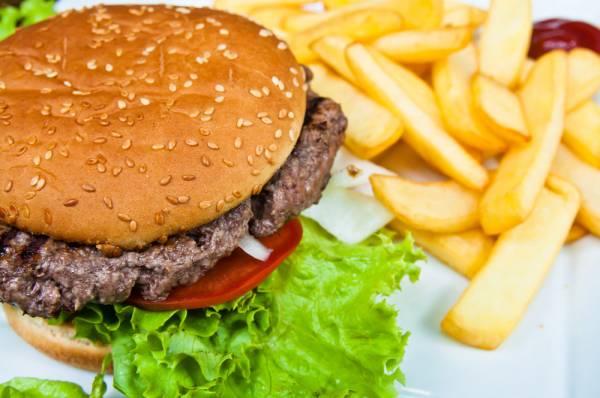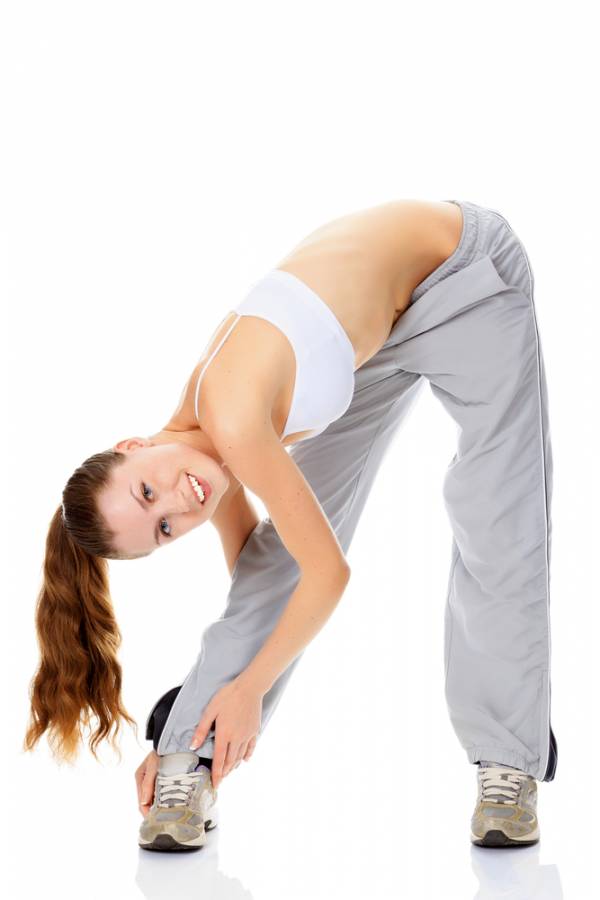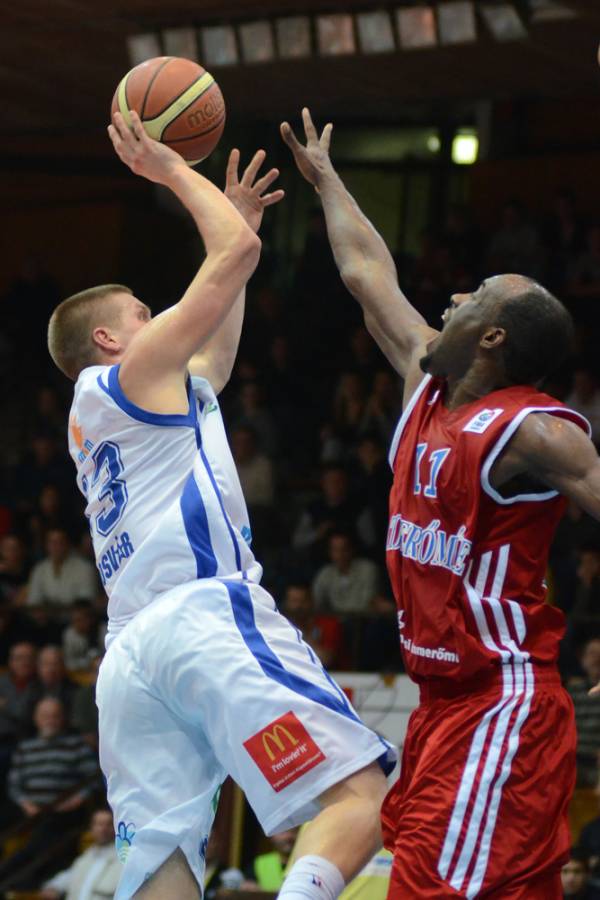Remember after the 2008 summer Olympics when everyone was talking about Michael Phelps diet? How he ate 10,000+ calories a day and yet was leaner than an organic Buffalo steak. It was a reminder that just because something works for someone else, it doesn’t mean it’s going to work for you – not unless you can mimic what they are doing exactly.
Here’s a list of the seven things athletes do you probably shouldn’t. These things may or may not be considered dumb – it all depends upon your perspective. But I can certainly say if you aren’t living the lifestyle of a professional athlete, and you don’t share the same goals, you should avoid them!
1. Overeating
We may as well start here. The amount of calories needed to support an Olympic swimmer, an NFL lineman, or a Triathlete is just astronomical. They have to eat thousand calorie meals, five to ten times a day. That’s low-balling.
If you ate only 25% of that, you’d get fat. Unless you put in the same level of work – or you’re one of the lucky few who was born with a rabid metabolism – you MUST keep your calories in line.
There are many ways to do this, and the harder you workout, the easier it is to do it. But if you only hit the gym two or three times a week, then it’s unlikely you can totally ignore your diet and stay lean and healthy.
2. Eating a TON of Fast Food
You would be SHOCKED at how ugly the diets of some of the highest performing athletes in the world are.
- Burgers
- Fries
- Pizza
- Milk Shakes
- Ice Cream
- Pie
- Whole Boxes of Cereal at a Time
- Pounds of Pasta
You get the point. When your biggest problem is getting in ENOUGH calories to support your over-the-top workouts, then you have little choice but to eat the most calorie dense foods in the world.
 Is that your problem?
Is that your problem?
Do you have a hard time getting enough calories in your diet?
I didn’t think so.
While I strongly promote the idea that your total number of calories is more important than the quality of those calories, the fact remains you can make your life MUCH easier if you pick healthier food options.
3. Using Back Squats as a Corner Stone of your Workout Program
At the risk of peeving off my fellow Olympic lifting coaches, I’m here to tell you back squats should be avoided by almost everyone.
I’ve argued in the past that back squats are NOT necessary for people who aren’t serious strength athletes. I’m not just saying they can be dangerous if you aren’t careful, I’m saying they can be dangerous even if you ARE careful.
The reason we DO use them in strength sports is because they are a fantastic jack-of-all-trades exercise. They hit the glutes, hamstrings, quads, and back all at the same time. You can do JUST back squats and nothing else and make fantastic progress. That’s the good news.
The big downside is that back squats put a lot of torque on the lower spine, even more if you do them poorly (most people will). What this means is the cost-benefit analysis for using them at all doesn’t pan out unless the upsides of using them outweigh the downsides for you.
If you’re a powerlifter or Olympic lifter then maybe it makes sense to back squat. If not, it probably doesn’t.
What should you do instead? I think you have two options:
- If you’re determined to do back squats, get a coach.
- Substitute in three exercises – front squat, hip thrusts, and Romanian deadlift – in place of back squats.
Those three exercises cover all the same basics as the back squat, but they do it with more specificity and less risk of injury. That’s a win-win.
4. Not Warming Up Properly
If you workout for hours and hours a day, everyday, you don’t need to warm up as much for each session. I have this experience every time I start doing twice-a-day training for Olympic weightlifting. Your body is nearly always in a pliable state. You’re primed constantly for work. All you have to do is a small little warm up, and you’re back to it.
But most people don’t do twice-a-day training! If you only workout three or four days a week, then you need to take your warm ups far more seriously. Don’t be afraid to “overdo” the warm ups! It is far better to avoid injury – at the expense of energy you could have used for the workout – than to hurt yourself and be out of the gym for six months.
 5. Not Working on Flexibility and Mobility
5. Not Working on Flexibility and Mobility
Once you have a high level of flexibility and mobility it is easier to maintain. It is also easier to maintain it when you are young. Professional athletes have both. They’ve ALREADY done years of serious work in these areas, and they are so young the rate at which they lose it is negligible.
You are very likely to be FAR too inflexible to hit the proper positions for a good overhead squat or to be able to rack a proper front squat. Until you can do these things well with an empty bar, you have no business adding weight.
Get mobile and flexible first; only then can you get truly strong and athletic.
6. Overdoing High Intensity Work
Athletes want to win. They will do anything to win. They will risk injury, dismemberment, health, and sometimes even death!
If you don’t work hard, you won’t make progress. You know this. But what you may not realize is sometimes working harder is a BAD idea. If you don’t listen to your body, you WILL get hurt. It’s only a matter of time.
Most athletes’careers end because of injury. They just can’t keep going anymore. For you, it’s supposed to be a lifestyle. If you have to stop working out because of serious trauma to your body, you lose.
7. Overdoing the Volume
I have a saying, “More isn’t always better, but it usually is!” I believe you need to continually up the amount of total work you are doing if you want to make great progress.
(By the way, Volume = Sets x Reps. So if I say, “add more volume,” you can do that by upping either your sets, your reps, or both. It has nothing to do with how much weight is on the bar – that’s related to intensity.)
But just like intensity, sometimes you can overdo the volume. Your workouts are supposed to fit into your life (and lifestyle), not the other way around. Don’t sacrifice good parts of your life just so you can squat three times a day. Yes, that kind of training DOES work. (Really, it’s amazing.)
But so what!? While it is rare people will hurt themselves by upping the volume (so long as they keep intensity in check), they CAN hurt their lifestyles. Being a fanatic isn’t cool if it lowers your quality of life.
 Conclusion
Conclusion
You are not a professional athlete. There are many positive lessons you can take away from what they do, your workouts should reflect some of the character of theirs, and their drive is inspiring.
However, they get paid to workout all day, and even those in sports like weightlifting who aren’t getting paid are sacrificing a lot for goals that have no relation to you.
Figure out what your goals are, mold your workouts and eating habits around your life, and keep sanity and health at the top of your list of priorities.
Athletes are nuts.
Nuts are healthy.
But it’s not healthy to BE nuts.






